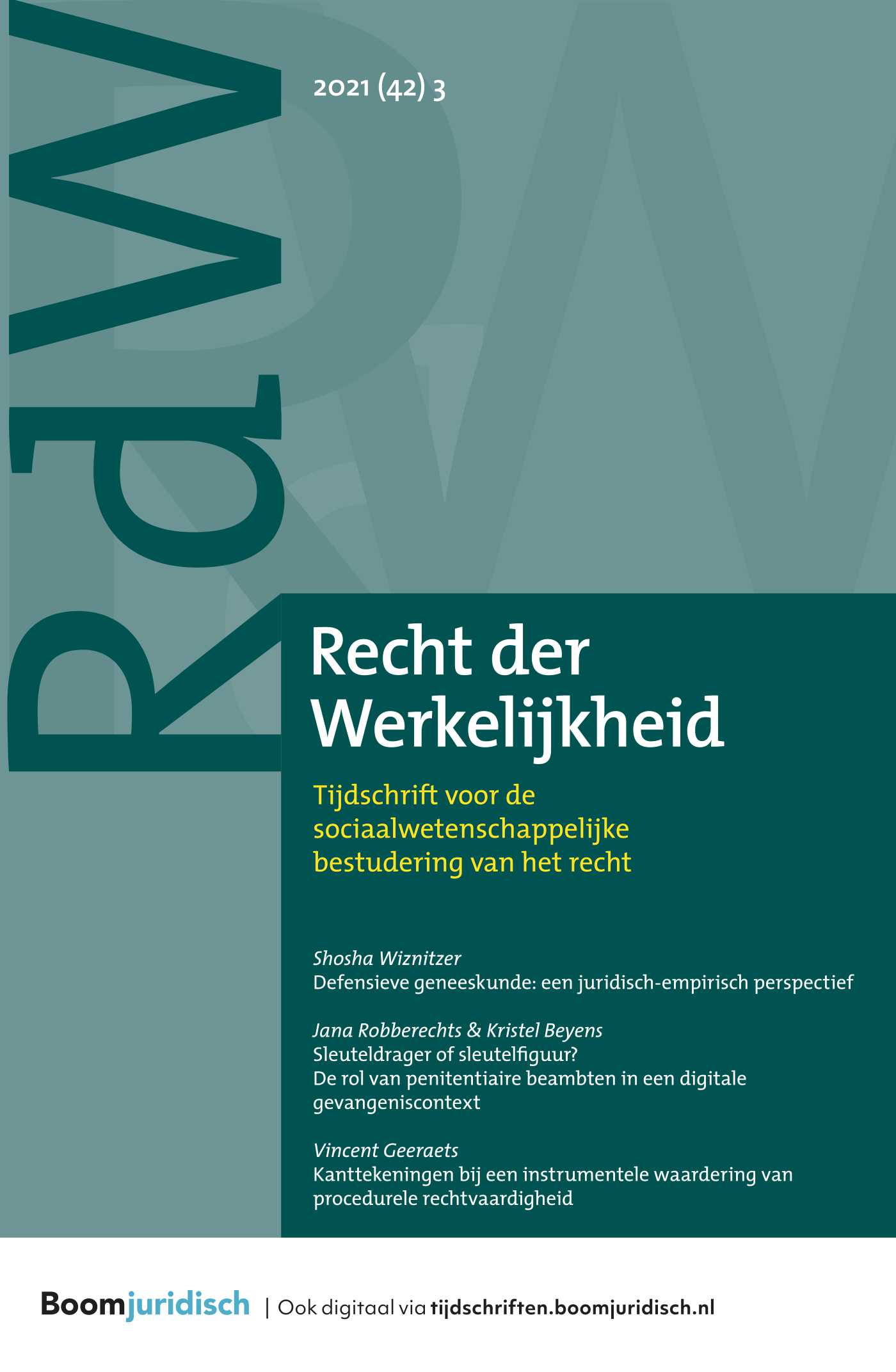|
Most research on food safety has focussed on direct forms of food safety regulation. This paper explores the opportunities for product liability law to encourage food safety measures within firms. It aims to contribute to the discussion on the role public and private actors could have in providing an effective food safety system. Liability law is assumed to promote food safety. The author distinguishes three ways in which liability law could act as an incentive for firms to implement enhanced food safety controls: liability claims, liability insurance and direct effects of liability law on management strategy. The paper concludes that the assumption that liability laws make firms sensitive to prevention of food safety risks is too optimistic. However, liability law could stimulate a culture within firms to take responsibility for food safety. Existing economic and legal analysis could gain from a sociological analysis of the actual impact of liability on company decisions. |


Recht der Werkelijkheid
Meer op het gebied van Algemeen
Over dit tijdschriftMeld u zich hier aan voor de attendering op dit tijdschrift zodat u direct een mail ontvangt als er een nieuw digitaal nummer is verschenen en u de artikelen online kunt lezen.
| Redactioneel |
Een nieuwe jas voor RdW en het afscheid van Freek Bruinsma |
| Auteurs | Tobias Arnoldussen |
| Auteursinformatie |
| Artikel |
Draagt aansprakelijkheidsrecht bij aan de voedselveiligheid?Over de preventieve werking van schadeclaims en aansprakelijkheidsverzekering |
| Trefwoorden | voedselveiligheid, regulering, aansprakelijkheid, aansprakelijkheidsverzekering, preventie, schadeclaim, ‘moreel risico’, voedingsindustrie, productaansprakelijkheid, sociale werking |
| Auteurs | Tetty Havinga |
| SamenvattingAuteursinformatie |
| Artikel |
De deskundige als rechterOndernemingskamer, Penitentiaire Kamer en Pachtkamer |
| Trefwoorden | deskundigen, betrokkenheid niet-juristen in de rechtspleging, Ondernemingskamer, Penitentiaire Kamer, Pachtkamer, rechtspraak |
| Auteurs | Marijke Malsch |
| SamenvattingAuteursinformatie |
|
Experts may be involved in the trial of various types of legal cases. In most cases, they act as an advisor to the court or to the parties. In this model, the so-called ‘advisor model’, the expert writes a report that is used by the court for decision making. Experts may be called to attend the hearing of cases to answer questions that arise regarding their advise. In the other model, the ‘decision model’, the expert forms part of the panel that is in charge of decision making in a case. Decisions in cases are made in co-operation between judges and experts in this model. This model is not used on a large scale; the advisor model is prevailing in Dutch courts.This article discusses advantages and disadvantages of the ‘decision model’. An empirical study to the operation of this model as it is used in a variety of courts is explained. Panels in which experts are included seem to profit from the direct availability of expertise while making decisions in a case. Respondents state that external acceptance of the court decisions is also increased by the involvement of experts in a panel. Participation by experts in these panels is voluminous and they are considered to exert a large influence on the outcomes of decisions. |
| Artikel |
Wat doen juridische onderzoekers?Een empirische blik |
| Trefwoorden | rolmodellen, methodologie, rechtswetenschap, juridisch onderzoek, intern perspectief |
| Auteurs | Gijs van Dijck, Stéphanie van Gulijk en Merel Prinsen |
| SamenvattingAuteursinformatie |
|
There is an ongoing debate about the importance and need for a more scientific and methodological approach of legal research. In this article, we contribute to this discussion by defining several role models and by testing to what extent these role models are used in legal research. After analyzing more than hundred Dutch legal dissertations, the study finds that legal scholars often take the perspective of the legislator who tries to find and define optimal law. The study also finds that classical sources, such as legislation and court decisions, are predominantly used within the perspective of the legislator. The advantages and pitfalls of the role model of the legislator are discussed. The findings are relevant for legal theory, more specifically for the debate on whether legal scholars take an internal or external perspective on the law. Additionally, the article provides information on what legal researchers do and therefore contributes to understanding the characteristics, possibilities, and constraints of legal research. |
| Discussie |
Rationaliteit en risicobeleid |
| Auteurs | Roel Pieterman |
| Auteursinformatie |
| Discussie |
De identificatie van schadelijkheid van nieuwe technologieNiet alleen een zaak van natuurwetenschappers, maar ook van filosofen en sociale wetenschappers |
| Auteurs | Nicolle Zeegers |
| Auteursinformatie |
| Praktijk |
Legitieme besluitvorming door PPS |
| Auteurs | Maurits Sanders |
| Auteursinformatie |
| Boekbespreking |
Onderzoek naar echtscheiding in EgypteEen voorbeeld voor onderzoek in Nederland |
| Auteurs | Iris Sportel |
| Auteursinformatie |
| Boekbespreking |
Een diverse blik op culturele verweren |
| Auteurs | Friso Kulk |
| Auteursinformatie |
| Boekbespreking |
Rechters van de straatVeel hoop en geloof maar weinig zichtbare baat |
| Auteurs | Albert Klijn |
| Auteursinformatie |
